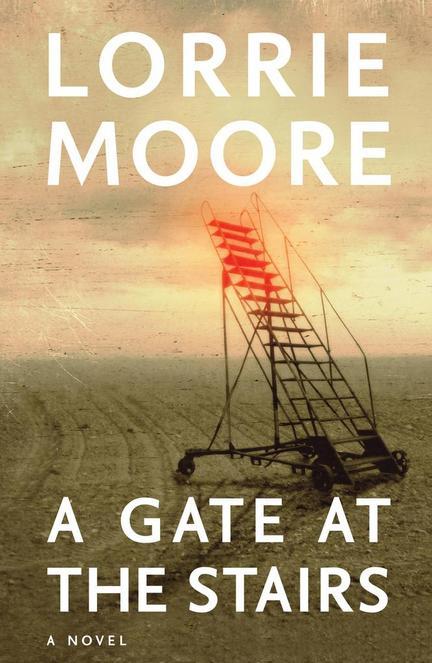
(I have this thing with time lines, to the point of OCD, ask the co-conspirator. I have to know when things happened, in relation to other events (before or after) and I have to be able to plot the events on my mental time line. I don't know if it's the whole narrative bit of the memos I had to write in law school -- the only part of legal writing I remotely enjoyed -- or what. But this book meandered around and I couldn't even tell what season it was supposed to be, let alone month. The spring semester, with all the montages of passing weeks, seemed like it must have been about 8 months long.)
The awkwardness of all the characters was well-captured, and I did enjoy many parts of the book. None of the characters were necessarily likable other than mostly the narrator, and not one character seemed capable of breaking out of their shells of awkwardness to allow themselves the occasional happiness. Perhaps that comes later, after the novel ends. Overall, especially after the matter-of-fact climbing into a casket with a blown-up body (what the…), I can’t say I would necessarily recommend, other than to have a shared ‘what WAS that’ experience.
I will say that I enjoyed and appreciated Moore's writing style, and very much look forward to reading some of her other works, particularly Birds of America.